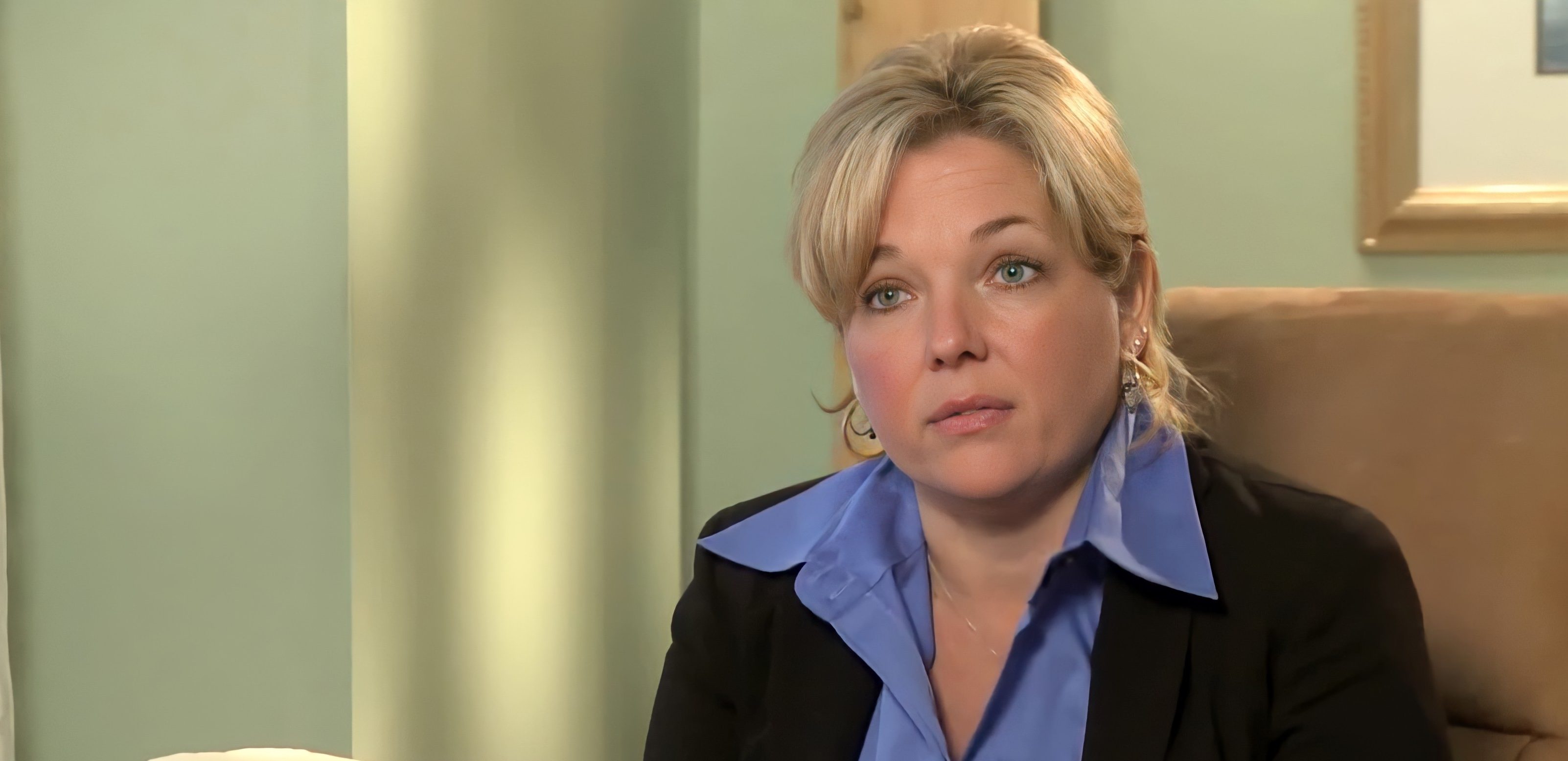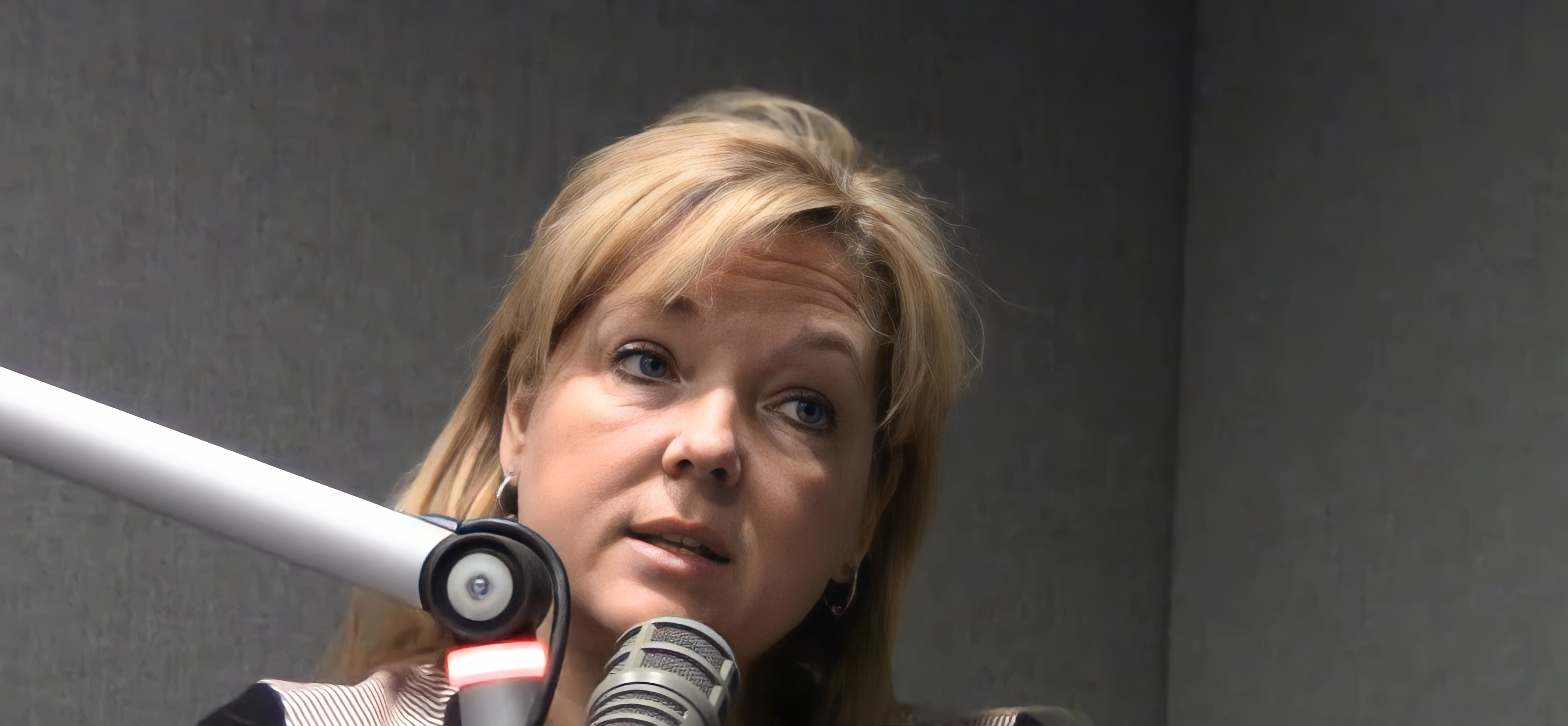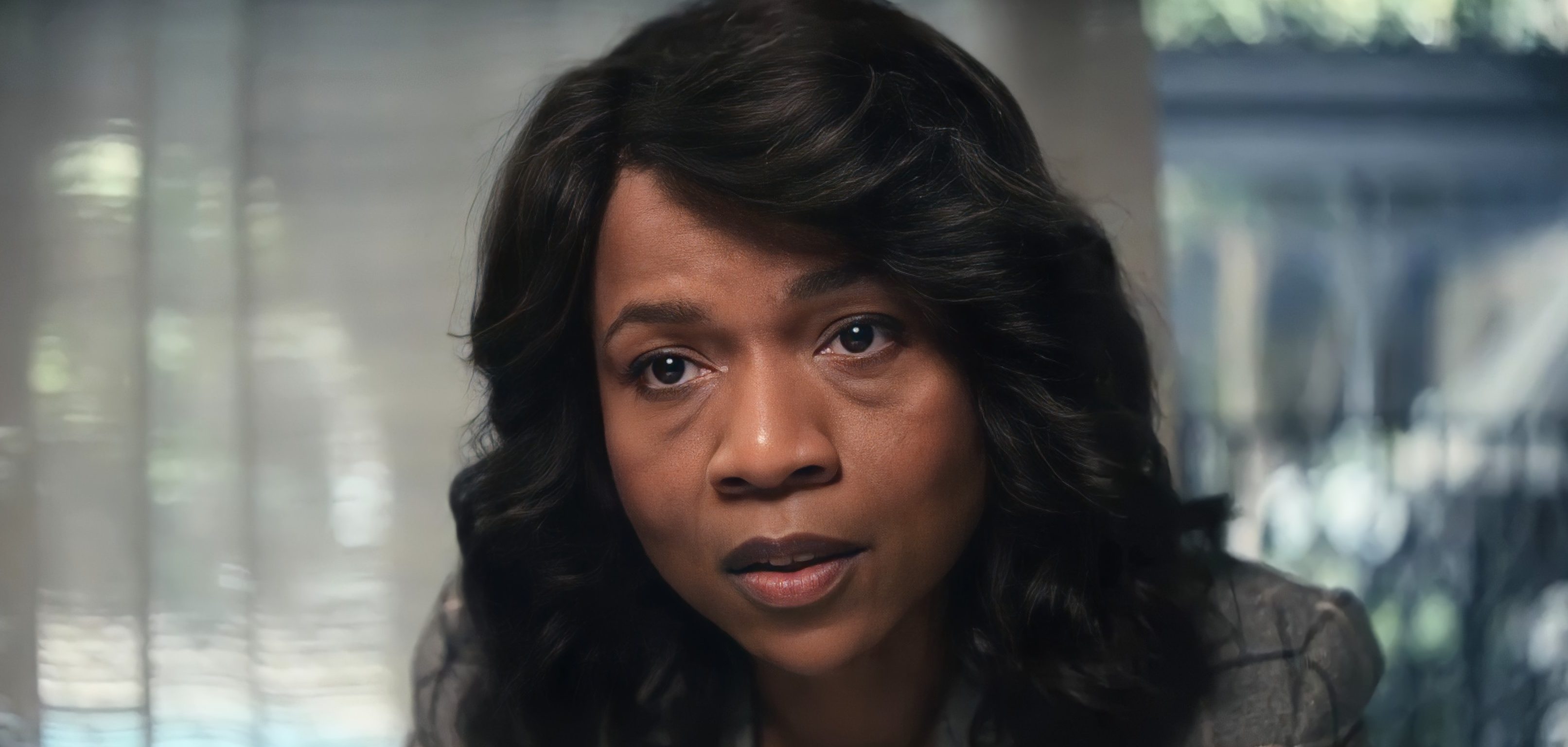The seventh episode of HBO Max’s crime series ‘The Staircase’ follows Evelyn Ivins, an attorney who investigates the reports and findings of the North Carolina State Bureau of Investigation. As a part of Project for Actual Innocence, an organization that deals with wrongful convictions in North Carolina, Evelyn discovers that SBI blood-spatter analyst Duane Deaver had withheld evidence in the case of Greg Taylor, who was convicted for murder and sentenced to life imprisonment.
Evelyn’s efforts to unravel the truth not only prove Greg’s innocence but also question Deaver’s testimony in Michael Peterson’s trial. Since Evelyn and her organization are integral parts of the episode, we have found whether they have real-life connections. Let us share our findings!
Is Evelyn Ivins Based on a Real Person? Is Project for Actual Innocence Based on a Real Organization?
Yes, Evelyn Ivins is based on a real person, and Project for Actual Innocence is based on a real organization. Evelyn Ivins is based on Christine “Chris” Mumma, the executive director of the North Carolina Center on Actual Innocence (NCCAI), the organization which inspired the Project for Actual Innocence. NCCAI primarily works to identify, investigate, and exonerate wrongfully committed individuals. The organization also advocates the need to eliminate wrongful convictions by propagating education and solutions essential for reliable convictions. The nonprofit was founded in 2000 and it reviews and investigates innocence claims submitted to North Carolina’s Innocence Projects, a nonprofit organization committed to exonerating wrongfully committed individuals.

Chris Mumma has been NCCAI’s executive director for nearly two decades. Chris and her team investigated Greg Taylor’s case for two years and referred the case to the North Carolina Innocence Inquiry Commission upon believing that he is wrongfully convicted. Due to NCCAI’s intervention, Greg was granted a judicial review. Chris, along with attorneys Joe Cheshire and Mike Klinkosum, represented Greg in a hearing in 2010. Chris and her attorneys succeeded in discrediting the evidence used to convict Greg and submitted new evidence that proved the substance found on Greg’s truck was not human blood.
The hearing concluded with Greg’s exoneration, after 17 years of his wrongful imprisonment. Greg turned out to be the first person to get exonerated through the Innocence Inquiry Commission process. Chris had represented around a dozen individuals who fought to prove their innocence and has been a part of several investigations concerning wrongful convictions. As the executive director of the organization, Chris has advocated the preservation of biological evidence, the recording of interrogations, legislation on eyewitness identification, etc. to increase the reliability of the judicial system.

Over the years, NCCAI was involved in the cases of Brandon Jones and Leroy Spruill, Abdul Rasheed, Mark Carver, Edward McInnis, and Joseph Sledge to name a few, and played a significant part in their release from prison or overturning their conviction. Currently, under the leadership of Chris, the NCCAI is working on cases of Terron Chavis, Alex Trogdon, Rayshawn Banner, Charles Wakefield, Jr., Daniel Green, and Robert Bragg. The center also collaborates with several law schools of prestigious universities to review and investigate claims of innocence.
Chris, on the other hand, is also an adjunct professor at the University of North Carolina’s School of Law. She currently teaches “Wrongful Convictions” and previously taught “Legal Research and Writing.” The attorney has received several awards for her commendable work in the field of justice.
Read More: The Staircase: Where Are They Now?


You must be logged in to post a comment.